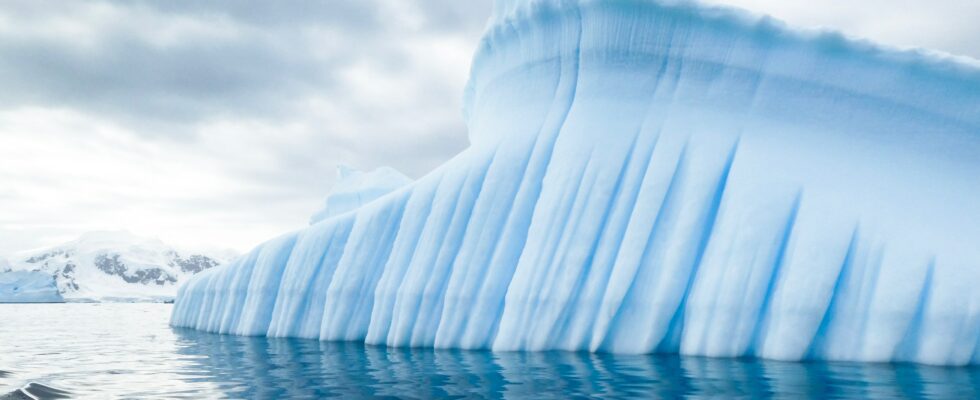The mission of four scientists in Antarctica, the objective of which was to hunt meteorites, bore fruit. They have indeed discovered a particularly imposing specimen.
Of the 45,000 meteorites found in Antarctica over the past century, only about 100 were as large as the one just discovered.
Antarctica, a great place to hunt for meteorites
The icy continent is particularly popular with meteorite hunters. While its dry climate limits their degree of weathering, the pristine landscape makes it easy to find them, with the black rocks easily spotted in the snowfields. Even if they sink into the ice, the movement of the glaciers against the rock allows the meteorites to be re-exposed near the surface.
The team of researchers, led by Vinciane Debaille, a planetary scientist at the Free University of Brussels in Belgium, went on an expedition in December, during the summer in Antarctica, to explore new potential sites of meteors which had been mapped using satellite images. Despite the summer season, however, scientists had to deal with temperatures of around -10°C.
“ Going on an adventure exploring unknown areas is exciting, but we also had to face the fact that the reality on the ground is much more difficult than the beauty of satellite images. “said Vinciane Debaille.
One of the largest meteorites discovered in Antarctica
The game was clearly worth the candle. In total, the researchers discovered 5 meteorites, and one of them particularly caught their attention. Weighing 7.6 kilograms, it ranks in the top 100 of the most important meteorites discovered in Antarctica. ” Size doesn’t necessarily matter when it comes to meteorites, and even tiny micrometeorites can have incredible scientific value, but of course finding a large meteorite like this is rare and truly exciting. “, explains Maria Valdes, researcher at the Field Museum and at the University of Chicago.
From now on, the rocks will be analyzed at the Royal Belgian Institute of Natural Sciences. Maria Valdes says she is impatient to discover the results and specifies that the study of meteorites ” helps us better understand our place in the universe. The larger the sample of meteorites, the better we can understand our Solar System, and the better we can understand ourselves. »
Sources: Space, EurekAlert

8